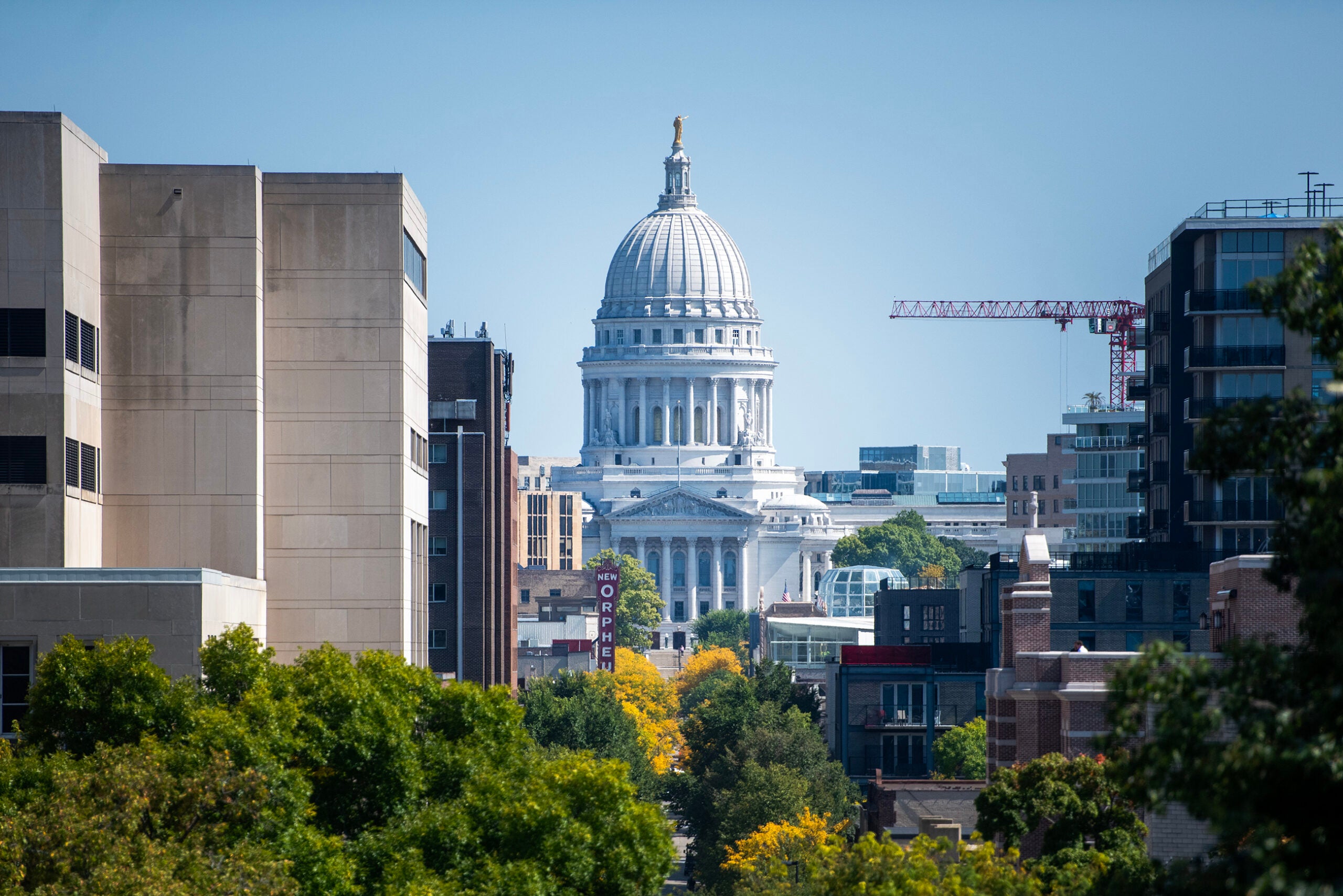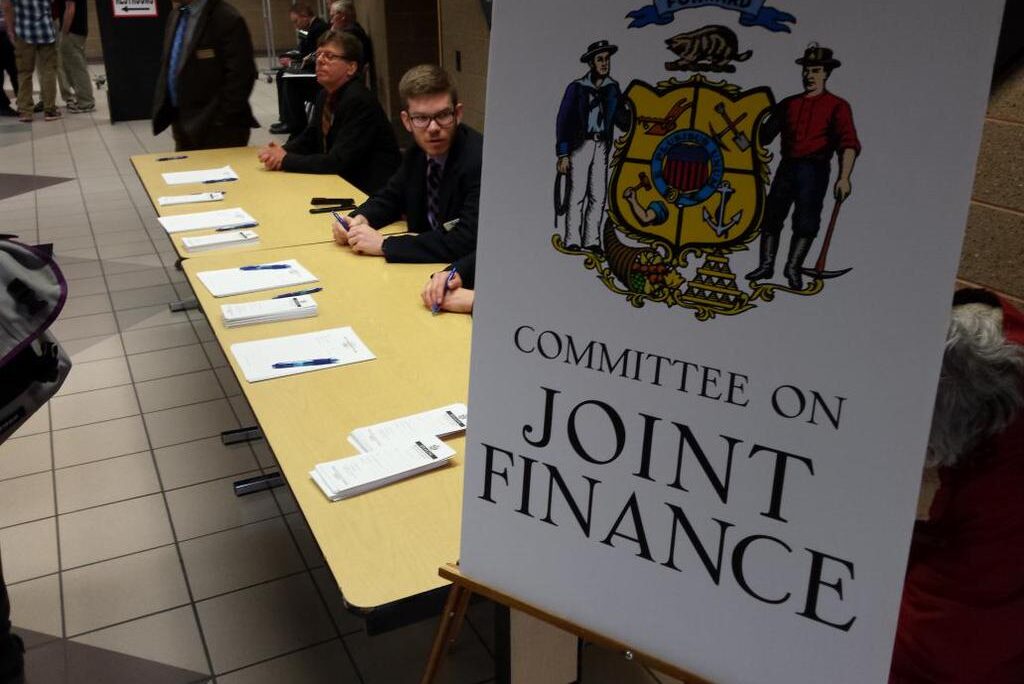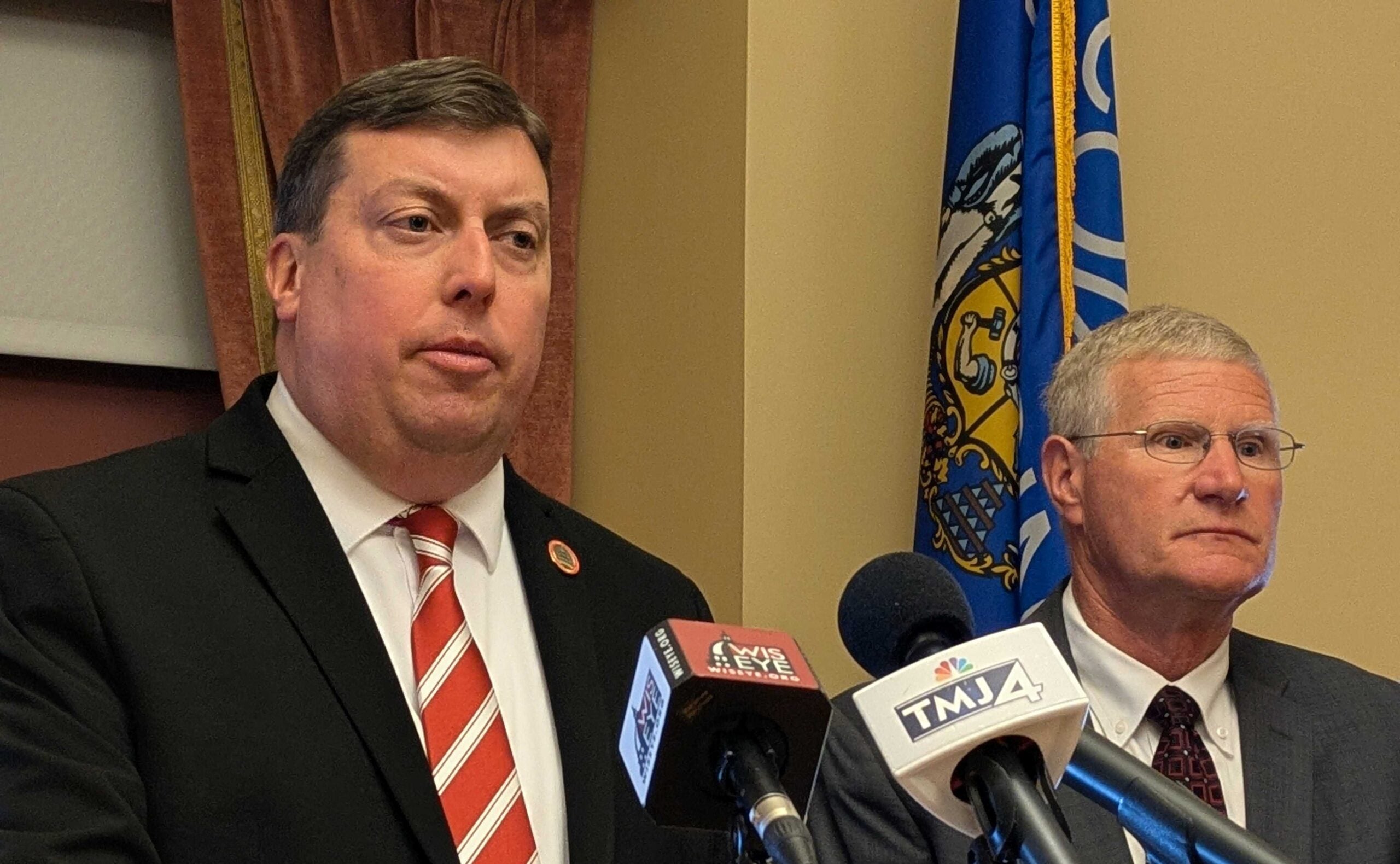State Democratic Sen. Janet Bewley says Republicans are ignoring the northern third of the state by putting their own stamp on the state budget.
“The only official hearings (held by the Joint Committee on Finance) were not in the northern part of the state,” Assistant Senate Minority Leader Bewley, of Mason, said. “The governor was consistently in the northern part of the state (as he developed his budget). Why can we not convince the majority in the Legislature that we exist?”
The Joint Finance Committee held four hearings around the state in April. The northern-most hearing was in River Falls, home of JFC member Rep. Shannon Zimmerman, R-River Falls.
News with a little more humanity
WPR’s “Wisconsin Today” newsletter keeps you connected to the state you love without feeling overwhelmed. No paywall. No agenda. No corporate filter.
“Input comes from a variety of sources. Those public hearings are incredibly valuable to us in the process,” Zimmerman said.
“Everybody matters in this state. There is nothing that prohibits people from contacting their senators and representatives and making certain that they are heard,” he added.
Last week along party lines, members of the JFC voted to strip more than 130 items Republicans consider to be policy items from Gov. Tony Evers’ budget proposal.
Bewley criticized the Committee for resorting to what she called a “Republican document,” and “the Scott Walker budget from the last eight years.”
“We are going to have to work harder. We are going to have to do everything we can to make sure that the people who elected Gov. Tony Evers continue to have their voices heard,” she said.
Bewley held five listening sessions in her district on the budget plan and said the state accepting expanded Medicaid money from the federal government was by far the top issue at those hearings.
Democrats argue accepting the money would allow Wisconsin to expand the BadgerCare program to people who earn up to 138 percent above the federal poverty line. The eligibility threshold now is 100 percent.
“There are people who are certainly for this ‘free money’ and there are also an array of people who like the position Wisconsin is in,” Zimmerman said.
“We have a challenge with health care, no doubt about it. My feeling is that rather than simply throwing more of our neighbors’ money at it, let’s get to the root of some of these issues so we can actually attack the cost structure itself, rather than simply paying more money for these services,” he said.
“The (Medicaid) expansion money came from federal taxes that we’ve paid and continue to pay. That money is there to be redistributed to the states that agree to the expansion,” Bewley countered.
“If health care is a priority for my colleagues across the aisle, we’ve had years of Republican leadership that did nothing. Now with the problem of addiction and mental health becoming an epidemic in the northern part of the state, we still see nothing but no,” she said.
Bewley said the only chip Democrats have to restore more of Evers’ budget as the process moves forward is the governor’s veto pen and the ability of minority legislative Democrats to sustain the vetoes.
Wisconsin Public Radio, © Copyright 2026, Board of Regents of the University of Wisconsin System and Wisconsin Educational Communications Board.







